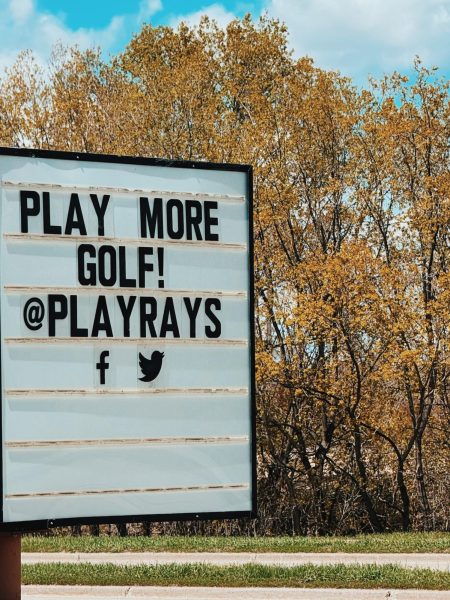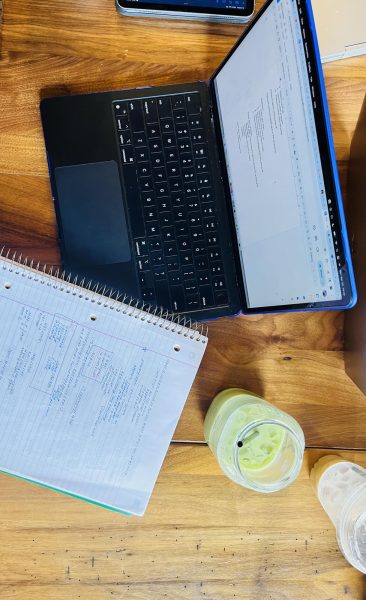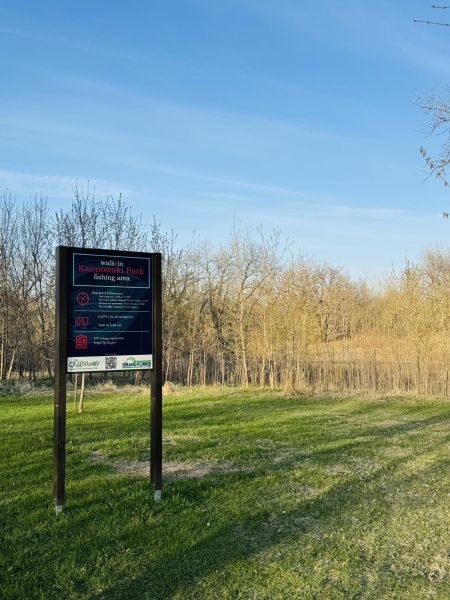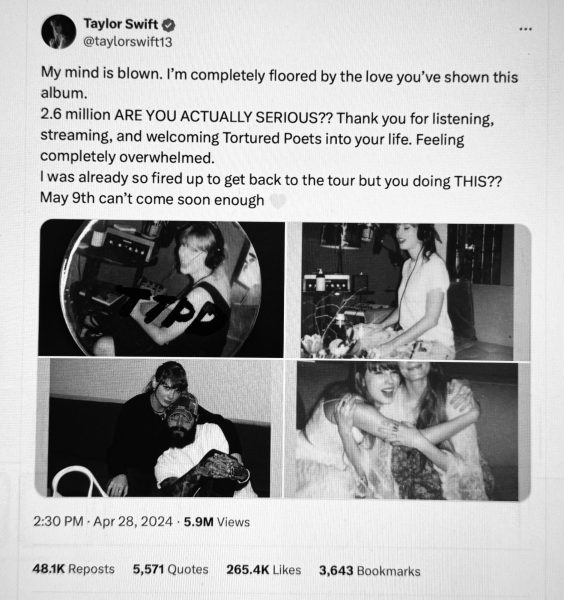Politics versus passion
VIEWS: Our personal views can have large implications.
I never want to be a politician.
My political views never match up with my personal views. This might sound strange, but let me explain.
What I want personally is very different from what I want politically.
Though that seems counterintuitive, in the end, it’s how I feel the country should be run. My personal views should not be the deciding factor in what I vote for. Voting, and therefore the choices made because of it, should be for the greater good.
Because of this stance, when nations need to decide what to do about events such as the Syrian civil war, decisions that initially seem clear become quite muddy. I believe, as a human being, that every single person on this planet should be outraged whenever human rights are violated. However, on the politics side, I understand there are many factors to consider.
Please understand I am not saying what we should or shouldn’t do with our votes — both literal and figurative — but discussing why I’m glad I’m not the one ultimately making the decision.
To illustrate, here is an example from my personal life: Grand Forks’ new laws on public smoking. I am an asthmatic. Secondhand smoke is a large problem for me.
Though I feel bad about having to leave smoking friends alone with their cigarettes, staying around the smoke could make me sick enough to miss a week of school. In my perfect world, no one would smoke. However, in my perfect world I’d also be able to eat only chocolate and never get fat. For me, on a very selfish level, the laws solve an uncomfortable problem.
Politically, I realize that it’s not that simple. To be entirely honest, I am on the proverbial fence when it comes to this law. I understand the public health risks, but I also understand smokers’ rights. Believe me, I could write a whole article just debating the sides of this.
Perhaps the best illustration of this personal dichotomy is guns. Due to my experiences as an EMT, I stay as far away from firearms as possible. I understand guns — I grew up on a farm with a father who hunted. I know how to be safe around them. I just don’t want to be anywhere near them. A dear friend of mine, who carries a concealed weapons license, understands this and refrains from bringing his firearm into my apartment. My hunting roommate also respects this.
Politically, I will never vote to “take your guns away.” Though I am for registration laws, I understand the appeal of hunting and target shooting. I also believe that trying to round up all of the guns in America would waste resources that should go other places. Yes, personally I’d love to see all firearms disappear, but I understand this will never be a reality.
So, why on earth should you care?
Well, too often I see people becoming selfish in their politics. Yes, the beauty of our system is that, once in the booth, you can vote however you want. We are free to make our own decisions. Yet when I hear arguments from the rich defending the rich, or the opposite, I have to wonder about motivation. Part of our responsibility as citizens is to think of others before ourselves.
This, however, brings up another issue. Where do we draw the line between country and world? If, hypothetically speaking, whether or not the decision to send troops to Syria was completely down to resources, what would the answer be? To elaborate on this hypothetical situation, what if invading Syria was agreed by every single person in this nation to be the morally right choice, but if we did, we would send our country into a decade long economic depression.
When thinking about ourselves as a nation, where do we separate ourselves from the world? And conversely, when do we acknowledge ourselves as part of a larger world?
These are tough questions, and I don’t have the answers.
All I can hope to accomplish is getting a conversation about responsibility started.
Kjerstine Trooien is a staff writer for The Dakota Student. She can be reached at [email protected].






